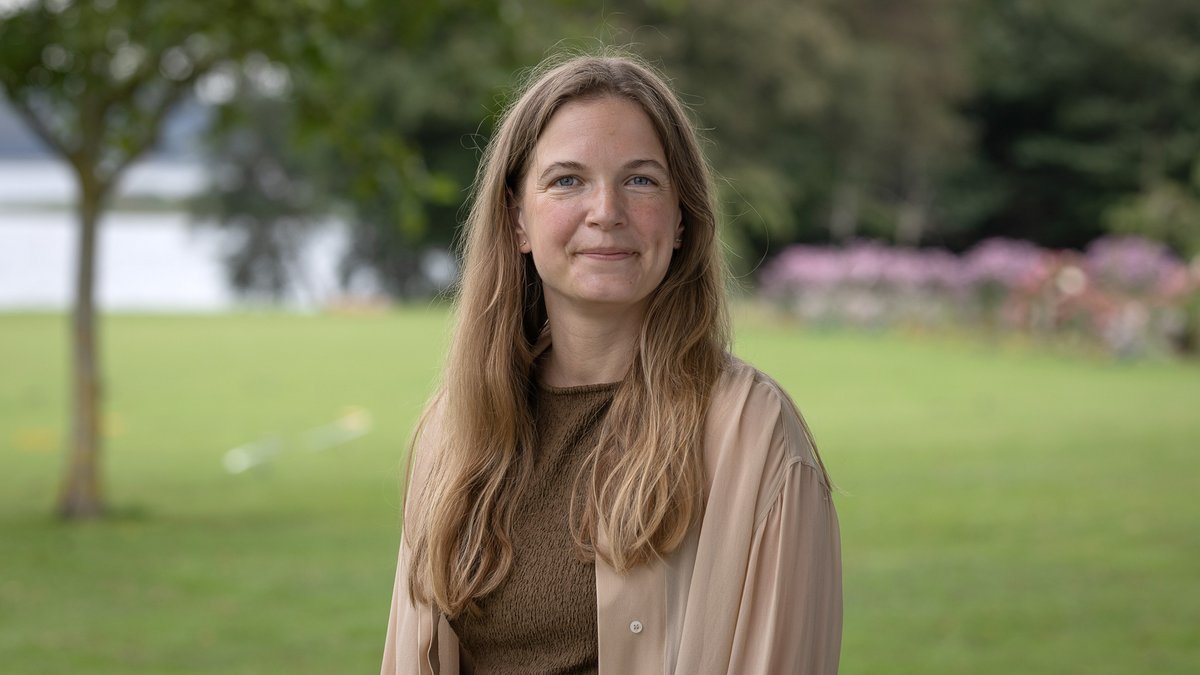Lærke Bruun Madsen - PhD Scholarship 2025
Project summary:Family care intervention to improve childhood cardiometabolic health: An AI-assisted approach to early prevention
This PhD project investigates the effect of the Family Care program: a family-based, AI-driven, personalised intervention focusing on physical activity, sleep, diet and mental well-being for families living with overweight or obesity, on the children’s risk of developing early-onset cardiovascular disease.
Project Title
Family care intervention to improve childhood cardiometabolic health: An AI-assisted approach to early prevention
Background
Children with overweight and obesity are at high risk of early onset cardiometabolic disease and early signs like hypertension, dyslipidemia and impaired glucose tolerance are already present. Despite lifestyle interventions, long-term effects remain limited, and family-based programs often show only transient benefits.
Aim
To evaluate the efficacy of the Family Care program in improving cardiometabolic health of children living with overweight or obesity compared to standard care.
Methods
A randomized controlled trial involving 200 families living with overweight and obesity. Families are randomized in a 1:1 ratio for 52 weeks to:
- Family care: patient education to physical activity, sleep and dietary patterns. AI-assisted feedback from objective data. Transient low-dosage obesity medication for parents with BMI ≥30 kg/m² or
- Standard care: written recommendations on physical activity, dietary intake and sleep. Transient low-dosage obesity medication for parents with BMI ≥30 kg/m².
The primary endpoint is change in the children’s metabolic z-score, an age and sex-adjusted score that estimates future cardiometabolic risk.
Preliminary results
In our recent study we found that 77 % of young adults aged 18-28 years with persistent childhood-onset obesity presented with metabolic syndrome highlighting the need for early and effective interventions to improve health in children at high risk of developing cardiovascular disease.

Lærke Bruun Madsen
- MSc
- University of Copenhagen, Department of Biomedical Sciences
Main supervisor:
Professor Signe Sørensen Torekov, Department of Biomedical Sciences, Faculty of Health and Medical Sciences, University of Copenhagen
Co-supervisors:
Professor Søren Thorgaard Skou, The Research and Implementation Unit PROgrez, Department of Physiotherapy and Occupational Therapy, Næstved, Slagelse & Ringsted Hospitals and the Research Unit for Musculoskeletal Function and Physiotherapy, Department of Sports Science and Clinical Biomechanics, University of Southern Denmark
Professor Poul Jørgen Jennnum, Department of Clinical Medicine, University of Copenhagen and The Danish Center for Sleep Medicine, Department og Clinical Neurophysiology, Rigshospitalet Glostrup